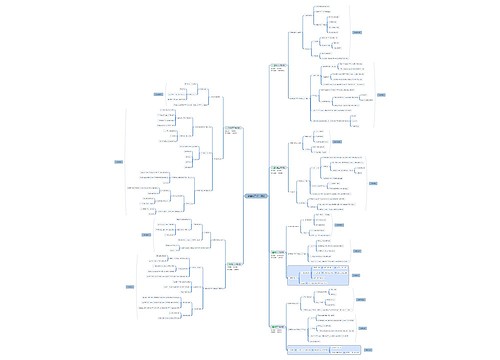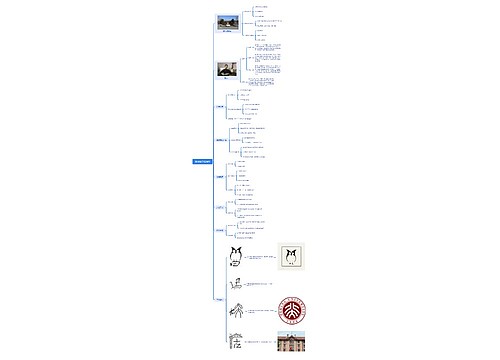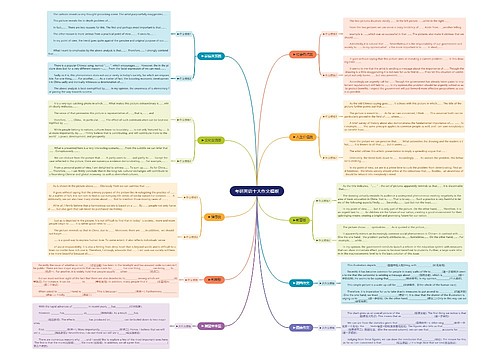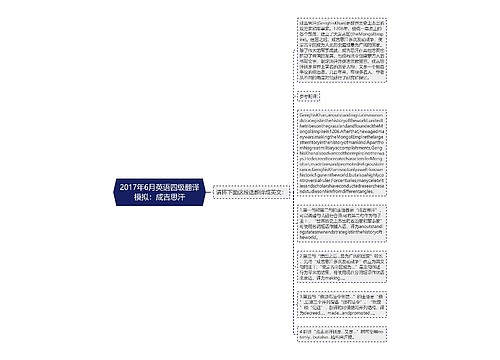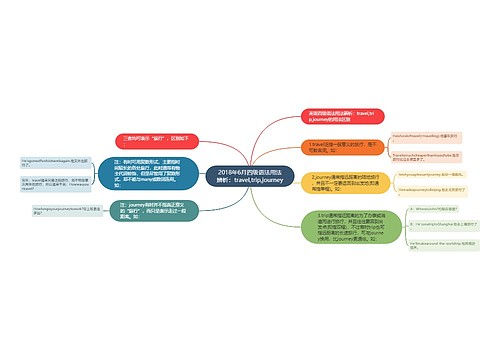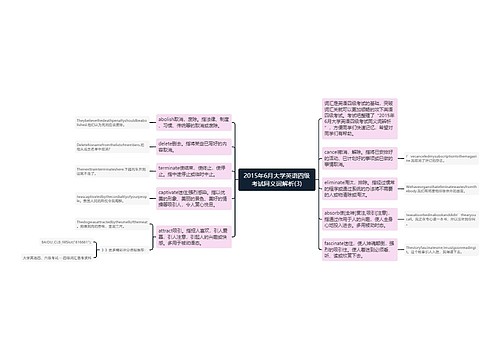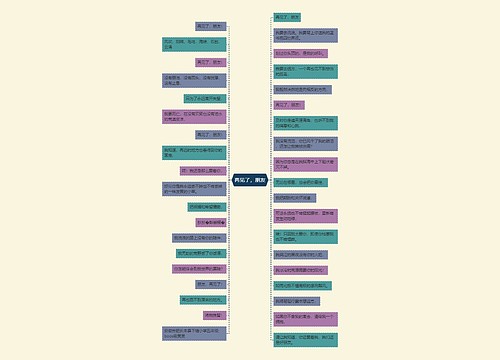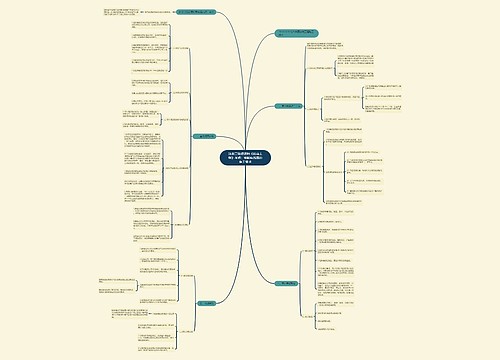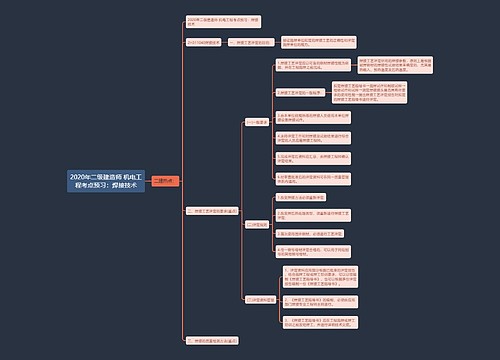Like tangible cultural heritages such as the Great Wall and the Forbidden City, intangible cultural heritages like Peking Opera and Confucius-commemorating rituals are equally crucial. We should make our utmost efforts to preserve intangible heritages because, without their physical form of existence, they are in greater risk of extinction.
According to UNESCO’s Convention for the Safeguarding of Intangible Cultural Heritage (2003), all forms of social customs and habits, folklore, performing arts, rituals, oral traditions, festivals, traditional crafts and various knowledge and practices about nature and universe can be classified as intangible cultural heritages. As a country consisting of a great diversity of ethnic groups and with time-honored history and civilization, China abounds in intangible cultural heritages. Cultural heritages connect modern people with the historical past, allowing them to acquire a cultural and historical identity. Without cultural heritages, we would be rendered absolutely rootless and we would find it hard to cope with challenges at present and in the future.
However, the modernization process poses mounting threats to intangible heritages. Many people have a blind faith in the latest electronic devices. It is also pathetic to see elderly people in possession of such legacies pass away without transmitting them to the younger generation. Faced with those challenges, we should both preserve and renovate our ancestral heritages so that we can help contribute to the cultural diversity of the world and return to our spiritual homeland in this age of impersonal science and technology.
以上就是"2022年下半年大学英语四级范文背诵:非物质文化遗产"的全部内容,想要了解其他大学英语四级写作、四级阅读、四级听力、四级翻译、四级口语、四级词汇的相关信息,请持续关注树图网!



